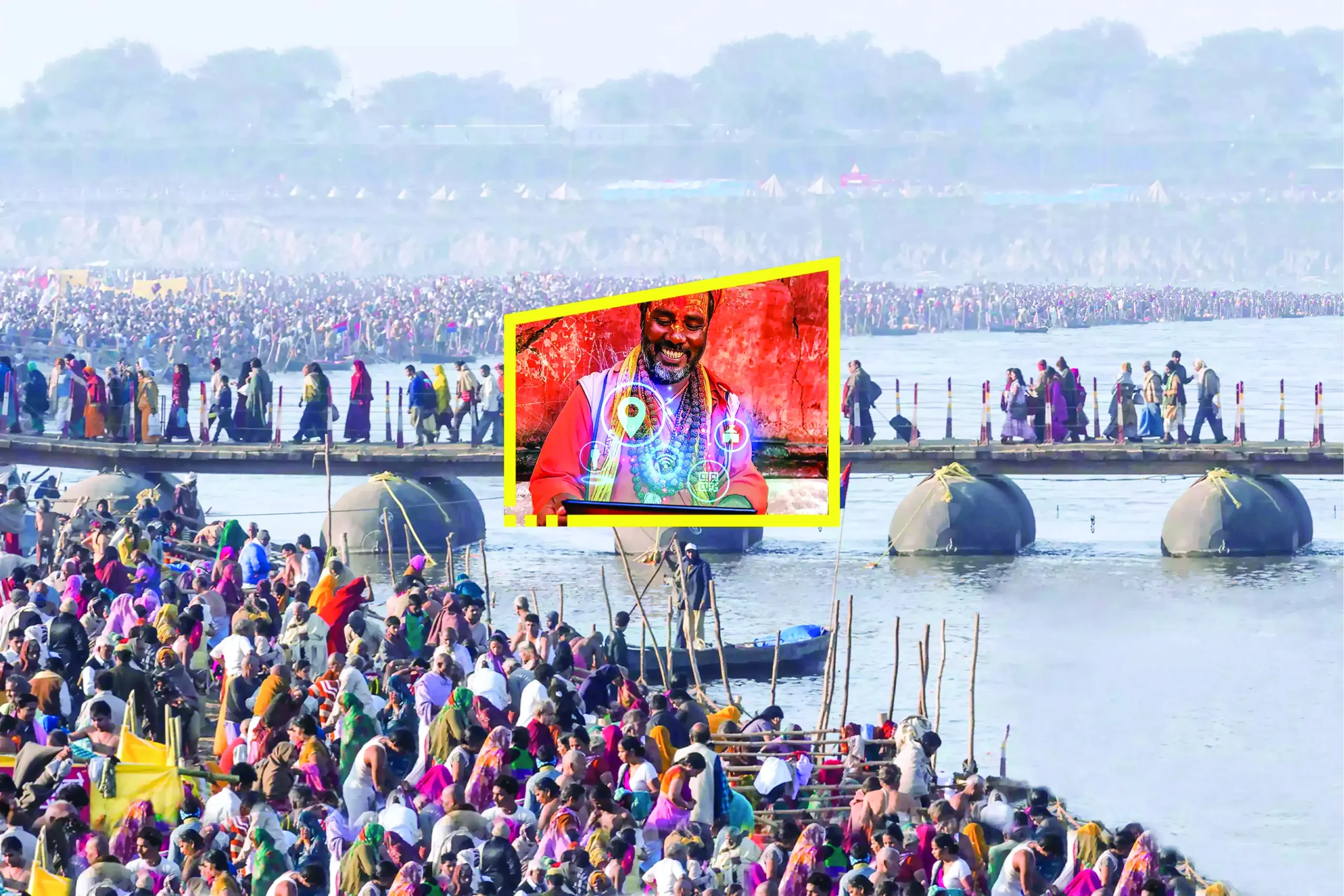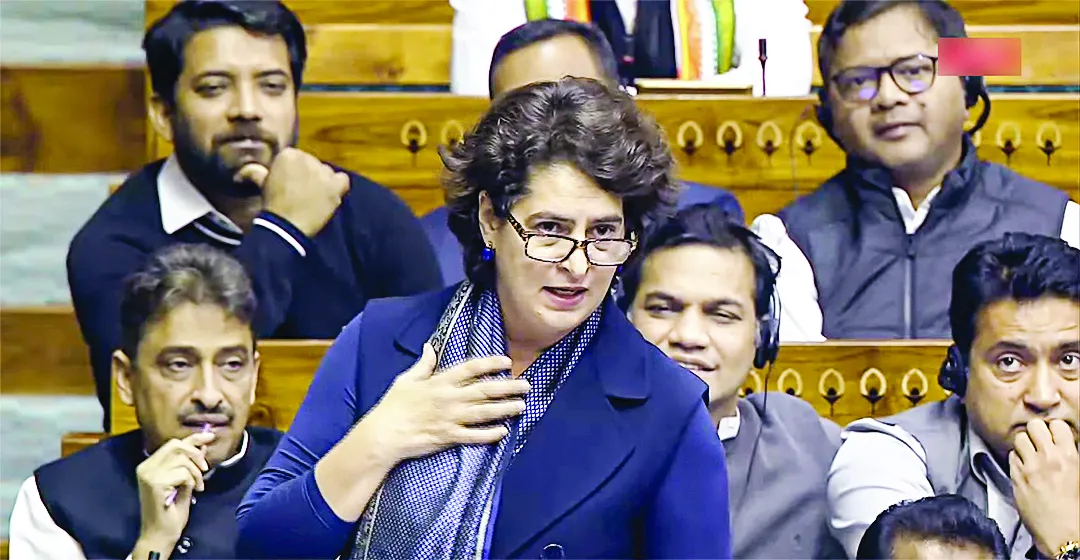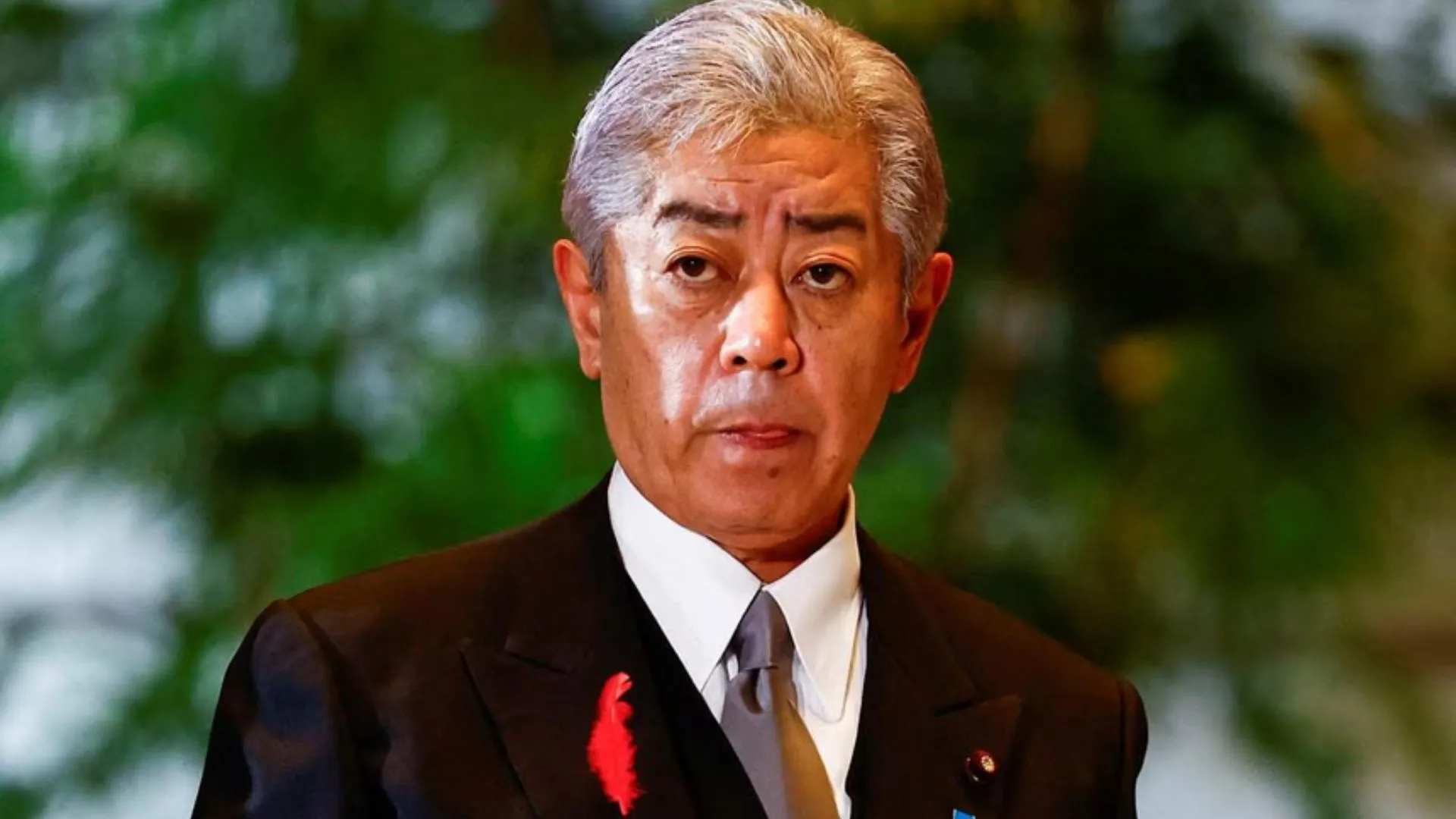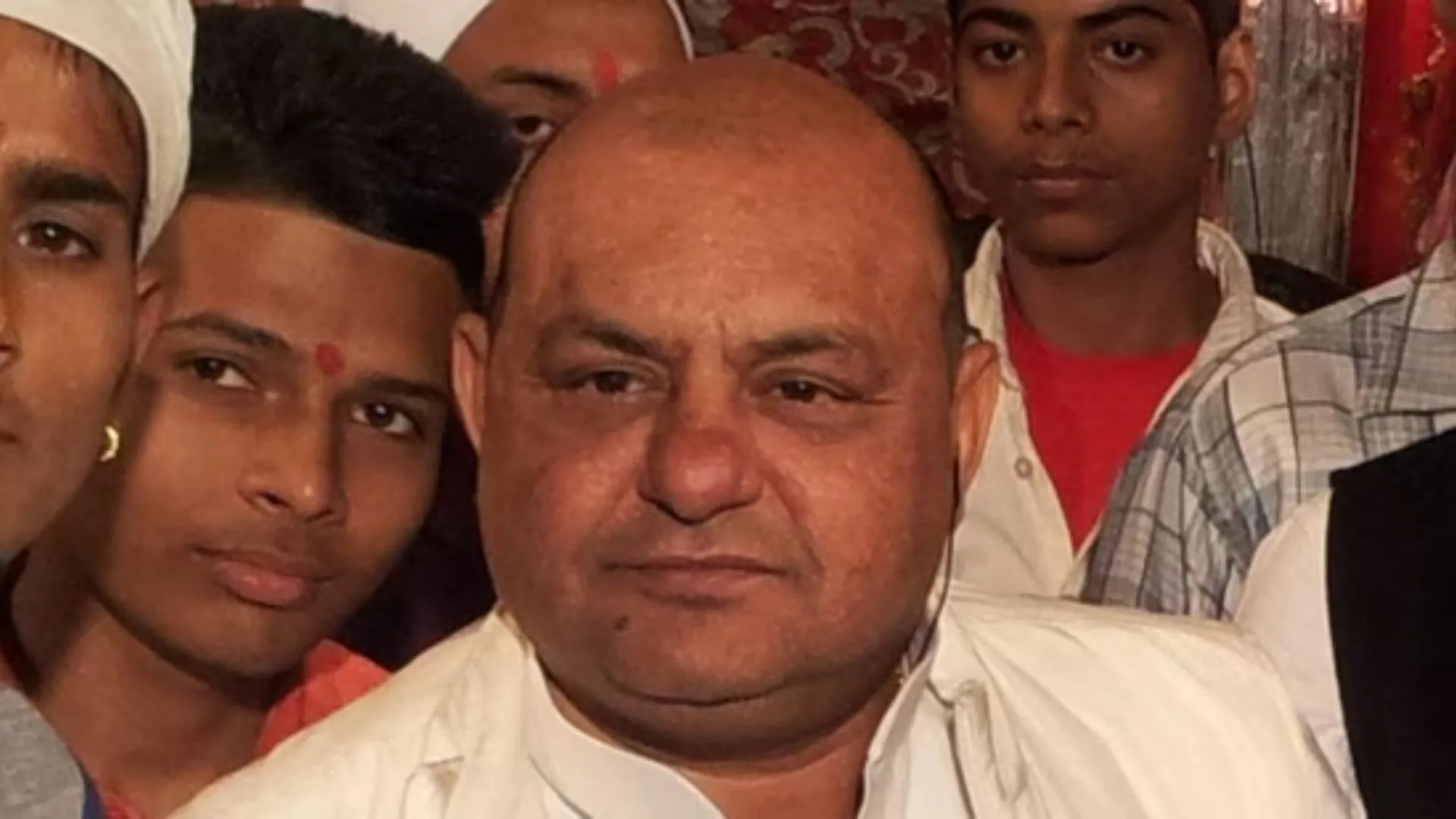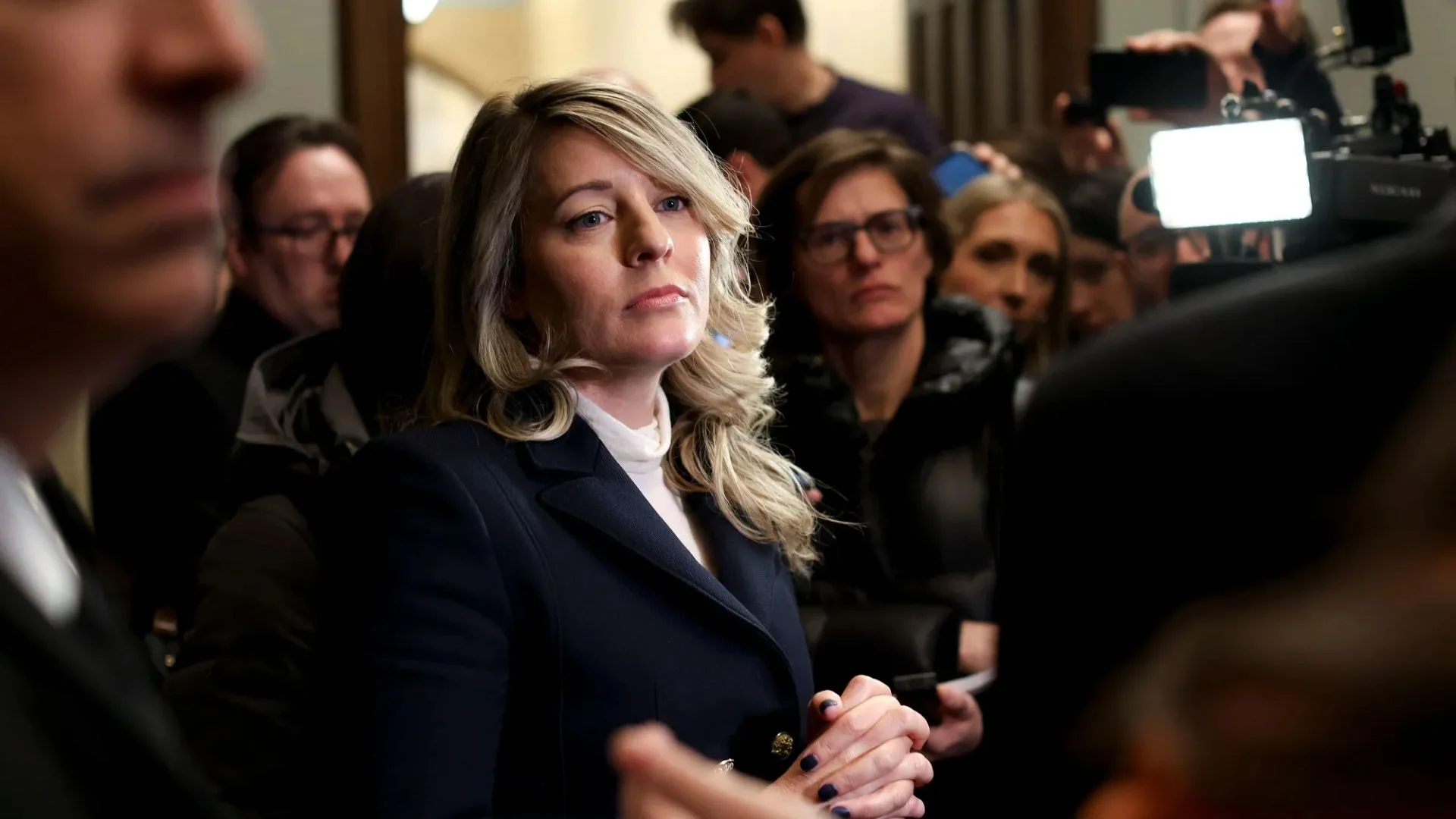The 75th anniversary of the Constitution of India, celebrated on November 26, 2024, marks a significant milestone in the journey of the world’s largest democracy. This occasion not only commemorates the adoption of a document that has shaped the nation’s identity but also serves as a reflection on the evolution of legal education in India. The Constitution, which came into effect on January 26, 1950, has been a beacon of democracy, justice, and equality, embodying the aspirations of millions.
As we celebrate this anniversary, it is imperative to recognize how legal education has evolved alongside our constitutional framework. The Constitution of India stands as a testament to the vision of its framers, who sought to create a robust framework for governance that would uphold fundamental rights while promoting social justice.
Over its 75-year journey, the Constitution has undergone numerous amendments—approximately 125—demonstrating its adaptability to the changing needs of society. This flexibility is crucial for maintaining relevance in an ever-evolving legal landscape and is mirrored in the development of legal education across the country. Legal education in India has witnessed transformative changes since independence. Initially dominated by traditional methods and curricula, it has gradually evolved to incorporate modern pedagogical approaches.
The establishment of National Law Schools in the late 20th century marked a pivotal shift towards a more structured and comprehensive legal education system. These institutions not only focus on imparting theoretical knowledge but also emphasize critical thinking, research skills, and practical training through clinical programs. The Bar Council of India (BCI) plays a vital role in regulating legal education, ensuring that it meets professional standards and aligns with constitutional mandates.
As we reflect on the past 75 years, it is essential to acknowledge both achievements and challenges within legal education. While significant strides have been made in enhancing quality and accessibility, issues such as outdated curricula, inadequate infrastructure, and insufficient faculty remain pressing concerns.
The need for continuous reform is paramount to ensure that legal education remains dynamic and relevant. Efforts are underway to revise curricula to include interdisciplinary studies and practical training that bridge the gap between theory and practice. Moreover, there is an increasing emphasis on integrating traditional Indian values and ethics into contemporary legal education. This approach aims to decolonize legal studies by incorporating indigenous knowledge systems that resonate with India’s rich cultural heritage. Such integration not only enriches the learning experience but also prepares future legal professionals to make ethically sound decisions that reflect societal values.
The celebration of the Constitution’s 75th anniversary also provides an opportunity to reaffirm our commitment to upholding its principles through legal education. The ideals enshrined in the Constitution—justice, liberty, equality, and fraternity—must be at the forefront of legal training. Educators and institutions have a responsibility to instill these values in students, fostering a generation of lawyers who are not only skilled practitioners but also conscientious citizens committed to upholding democratic ideals.
In addition to academic rigor, there is a growing recognition of the importance of practical experience in shaping competent legal professionals. Clinical legal education programs are being introduced across law schools to provide students with hands-on experience in real-world scenarios. Such initiatives not only enhance learning outcomes but also contribute to community service by addressing access to justice issues faced by marginalized populations.
As we look ahead to the next 25 years leading up to the centenary of our Constitution, it is crucial for stakeholders in legal education—government bodies, universities, and practitioners—to collaborate towards creating a more inclusive and effective educational framework. This includes enhancing infrastructure, promoting research initiatives, and ensuring that legal education remains accessible to all segments of society. The journey of India’s Constitution is intertwined with the evolution of legal education—a relationship that must be nurtured for future generations. As we celebrate this historic milestone, let us commit ourselves to not only preserving but also enriching our constitutional legacy through quality legal education.
By doing so, we can ensure that our Constitution continues to be a living document that guides us toward justice and equality for all. In this context, the recent inauguration of India’s first Constitution Museum at O.P. Jindal Global University (JGU) serves as a beacon of hope for legal education and constitutional awareness. Opened on November 26, 2024, this museum is dedicated to showcasing the Constitution’s history and significance while also providing an interactive platform for learning about constitutional principles.
Moreover, this initiative aligns with broader efforts to celebrate constitutional literacy across India during this commemorative year. Schools and institutions nationwide are encouraged to engage in activities that promote awareness about the Constitution’s significance—ranging from mass readings of its Preamble to discussions on its impact on contemporary society.
Such initiatives reinforce the idea that understanding one’s Constitution is not just an academic exercise but a vital part of civic responsibility.
In conclusion, India’s 75th anniversary of its Constitution is an occasion for reflection on both our past achievements and future aspirations. The establishment of institutions like the Constitution Museum at JGU represents a significant step towards enhancing legal education and fostering a culture of constitutional awareness among future generations.
As we move forward, it is essential to uphold and promote the values enshrined in our Constitution while ensuring that legal education evolves to meet the needs of an ever-changing society. By doing so, we can ensure that our constitutional democracy remains vibrant and responsive to the aspirations of all citizens in India.
Harsh Vardhan Tiwari, Joint Director (Admissions) OP Jindal Global University


